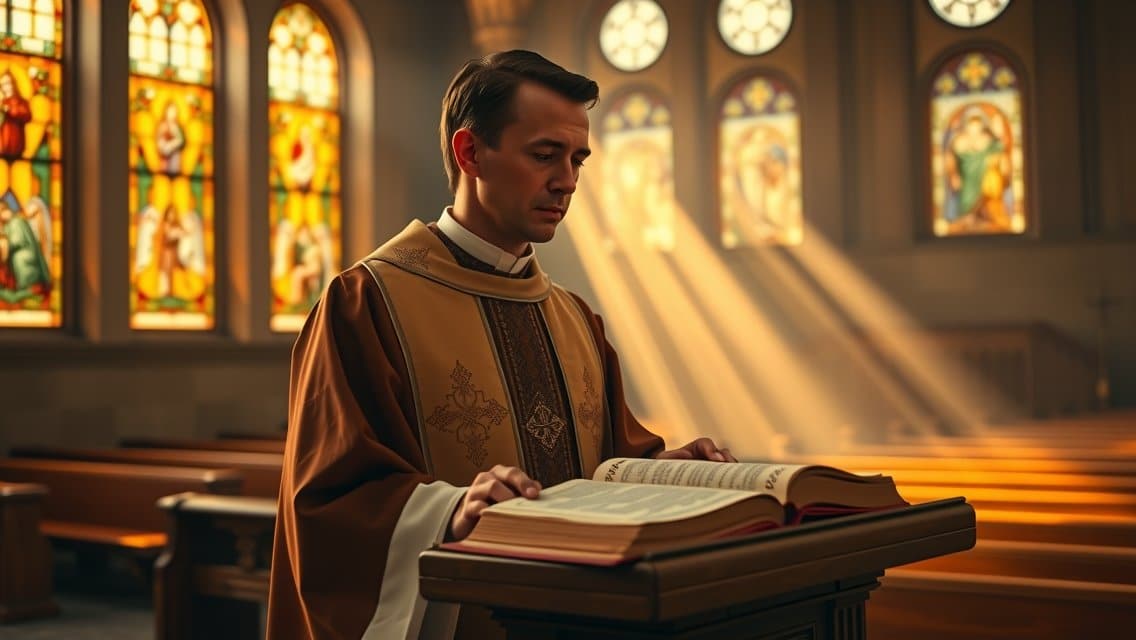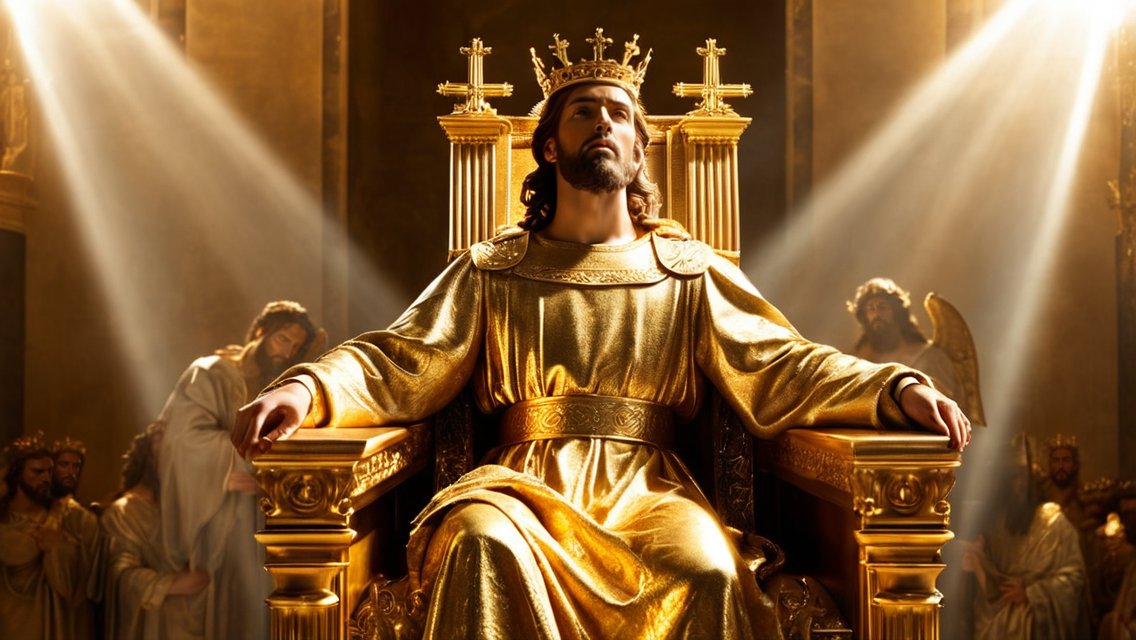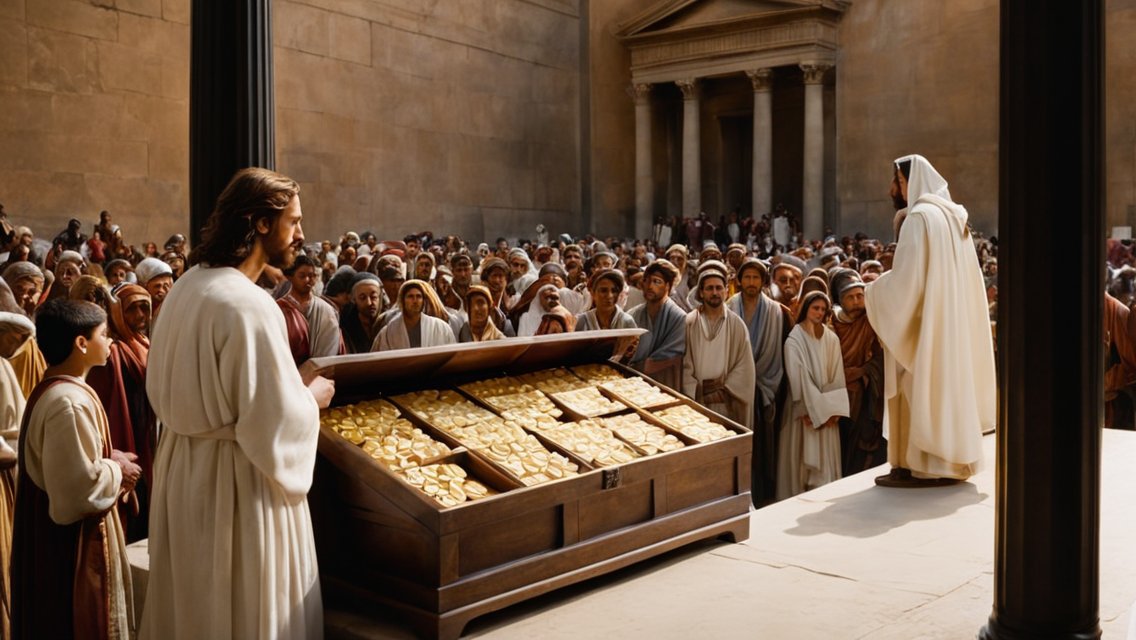Third Sunday Homily of the Ordinary Time – Year B
Readings: Jon 3:1-5, 10, 1 Cor 7:29-31, Mk 1:14-20
1st Reading – Jonah 3:1-5, 10
1 The word of the LORD came to Jonah, saying:
2 “Set out for the great city of Nineveh, and announce to it the message that I will tell you.”
3 So Jonah made ready and went to Nineveh, according to the LORD’S bidding. Now Nineveh was an enormously large city; it took three days to go through it.
4 Jonah began his journey through the city, and had gone but a single day’s walk announcing, “Forty days more and Nineveh shall be destroyed, “
5 when the people of Nineveh believed God; they proclaimed a fast and all of them, great and small, put on sackcloth.
10 When God saw by their actions how they turned from their evil way, he repented of the evil that he had threatened to do to them; he did not carry it out.
Responsorial Psalm – Psalms 25:4-5, 6-7, 8-9
R. (4a) Teach me your ways, O Lord.
4 Your ways, O LORD, make known to me;
teach me your paths,
5 Guide me in your truth and teach me,
for you are God my savior.
R. Teach me your ways, O Lord.
6 Remember that your compassion, O LORD,
and your love are from of old.
7 In your kindness remember me,
because of your goodness, O LORD.
R. Teach me your ways, O Lord.
8 Good and upright is the LORD;
thus he shows sinners the way.
9 He guides the humble to justice
and teaches the humble his way.
R. Teach me your ways, O Lord.
2nd Reading – 1 Corinthians 7:29-31
29 I tell you, brothers and sisters, the time is running out. From now on, let those having wives act as not having them,
30 those weeping as not weeping, those rejoicing as not rejoicing, those buying as not owning,
31 those using the world as not using it fully. For the world in its present form is passing away.
Alleluia – Mark 1:15
R. Alleluia, alleluia.
15 The kingdom of God is at hand.
Repent and believe in the Gospel.
R. Alleluia, alleluia.
Gospel – Mark 1:14-20
14 After John had been arrested, Jesus came to Galilee proclaiming the gospel of God:
15 “This is the time of fulfillment. The kingdom of God is at hand. Repent, and believe in the gospel.”
16 As he passed by the Sea of Galilee, he saw Simon and his brother Andrew casting their nets into the sea; they were fishermen.
17 Jesus said to them, “Come after me, and I will make you fishers of men.”
18 Then they abandoned their nets and followed him.
19 He walked along a little farther and saw James, the son of Zebedee and his brother John. They too were in a boat mending their nets.
20 Then he called them. So they left their father Zebedee in the boat along with the hired men and followed him.
Homily
Man in Fish and Fishers of Man
“Leaving their father Zebedee in the boat
with the men he employed, they went after Jesus” (Mk)
Miss Vidya was teaching her second standard students that it was impossible for a whale to swallow a man because, although it was a huge mammal, its throat was small. “But,” protested little Sheila, “A whale swallowed Jonah!” Vidya replied, “That’s a fain tale!” Unfazed by her teacher’s stand, Sheila said, “When I ‘get’ to heaven I’ll ask Jonah!” Smiling, Vidya asked, “What if Jonah were in hell?” Sheila retorted, “Then you ask him!” and, and many Christians
Bible stories are not easy to understand and many Christians (priests included are content with simplistic and fundamentalist interpretations of Scripture. if little Sheila seems naive in understanding the Jonah story as ‘historical fact’, her teacher Vidya, is equally ignorant by dismissing it as a mere ‘fairy tale’. The Jonah narrative is a “didactic fiction’- a sermon in the form of a story. The deep truths underlying the story are: (a) God wants all to be saved, (b) God chooses prophets to preach salvation and repentance, and (c) people can freely accept or reject God’s offer of salvation.
Jonah seems to be a ‘reluctant prophet’ fleeing from his mission. Miracles abound in the story like the sudden appearance and disappearance of the storm, Jonah being swallowed by “a big fish” and being vomited out after three days, etc. What’s interesting is that Jonah’s reticence is matched by God’s persistence. “Up!” commands God, “(30 to Nineveh!” Jonah’s prophetic commissioning climaxes with the Nineties’ conversion. They repent and are saved.
Today’s psalm (25) further develops the theme of repentance. It echoes God’s mercy: “Remember your mercy, Lord, and the love you have shown from of old,” and extols God’s goodness: “The Lord is good and upright, He shows the path to those who stray.”
With Jesus, The Prophet par excellence, the ‘good news’ of repentance is preached in the light of God’s Kingdom. “The time has come and the Kingdom of God is close at hand. Repent, and believe the Good News!” The word for repentance, metanoia, refers to ‘changing one’s mind’. Jesus must’ve used the word ‘shubh’ or its Aramaic equivalent, ‘which implies “turning around 180 degrees.” indeed, repentance requires a ISO-degree turn around and a 100-percent following of Jesus.
By placing the ‘call of the disciples’ immediately after the ‘call for repentance’, Evangelist Mark links repentance and discipleship. In other words, if one must follow Jesus, one must do a 180- degree turn around and t follow Jesus 100-percent. For Simon, Andrew, James and John, it meant leaving boats, nets, their dad, Zebedee, and their fishing to become “fishers of men”.
In the second reading, Paul puts the Kingdom of God in eschatological (end time) perspective: “Our time is growing short”. By repeatedly using the words “as if not”, he exhorts his community to give ‘counter witness’ to all that the world holds precious. In sum, he says that, nothing is absolute; except God. Thus, one must be detached from everything and attached only to God”
‘Baavaani langoti’ is a popular Gujarati folktale of a devoted, baavaa (sadhu) who owned nothing but a langoti (Ioin-cloth) and lived a life totally committed to God. Once, a rat nibbled a hole in his langoti and so he got a cat to protect it. However, he had to beg for extra food and milk to feed the cat. “I’ll keep a cow to get milk for the cat and myself,” thought he. 50 he got a cow, but had to find fodder for the cow. “Too troublesome!” mused he, and. married a woman to look after the cow. With wife, cow and cat to feed, he got some land and hired labourers to work upon it. Soon, he became the richest man in town. When asked about why he denounced discipleship, he clarified, “This is the only way I could preserve my Iangotil”
To become fishers of Man, Jesus’ first disciples denounced everything. Who and what are you ready to renounce?





